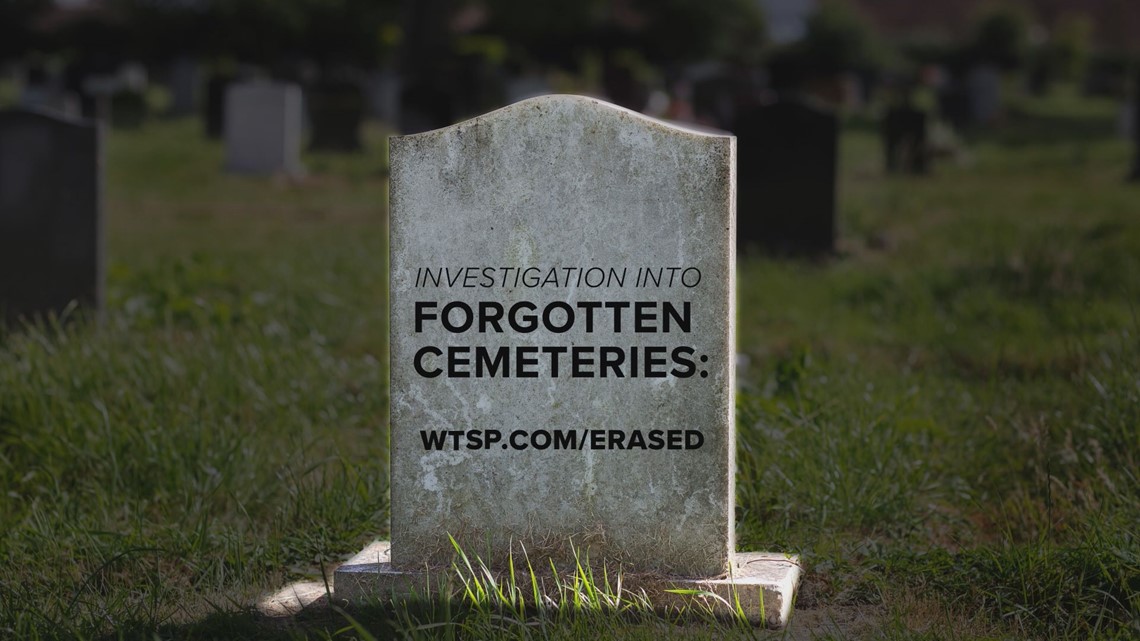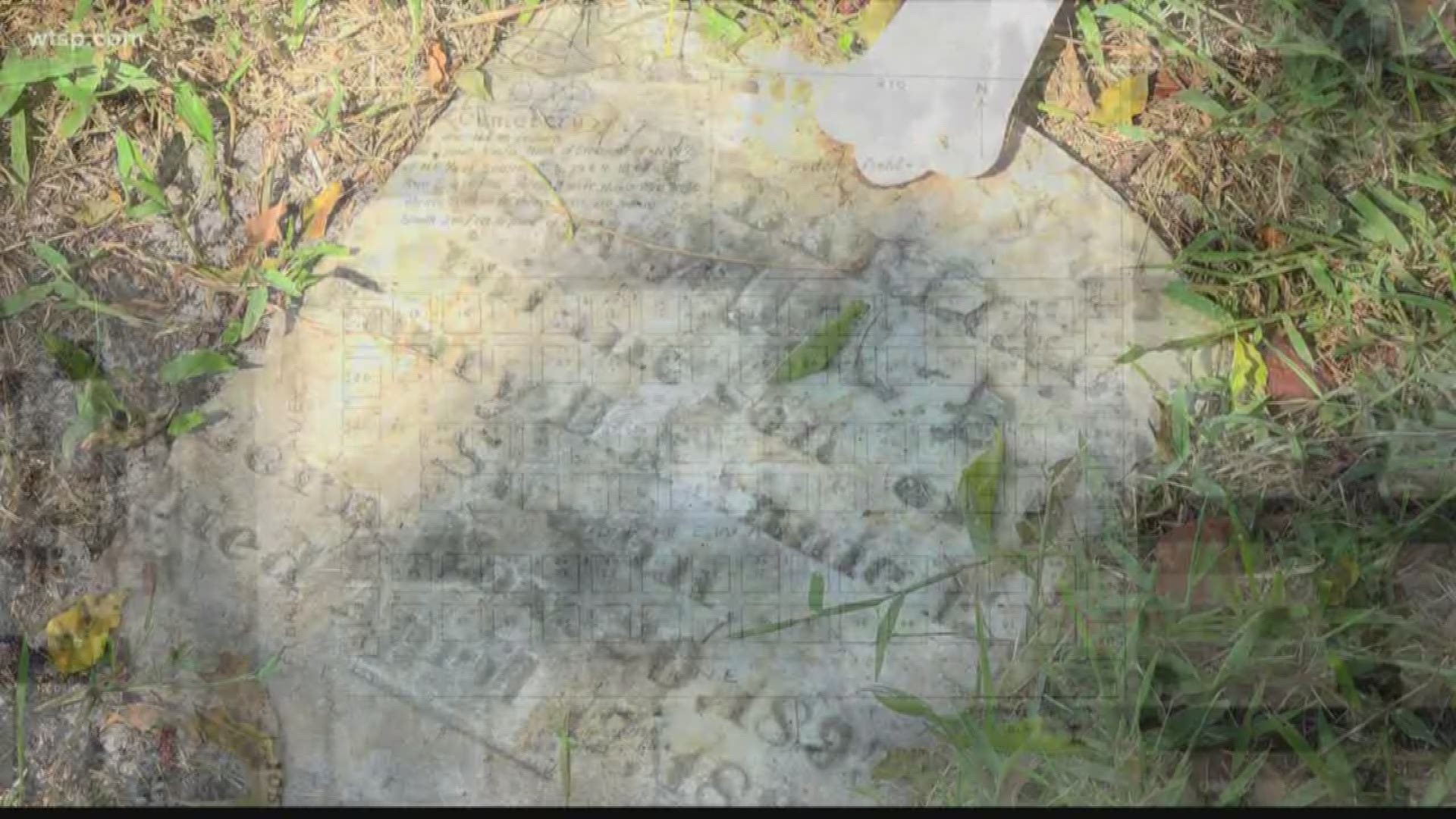TAMPA, Fla. — Zion, Ridgewood, Keystone, Port Tampa City Cemetery –
These are all African American burial grounds that disappeared through development.
Developers plopped a public housing project on top of Zion and a high school’s field consumes Ridgewood. Lack of power and access stunted the community’s ability to save the sites, but archaeologists who helped uncover the burial grounds say a change in the law could stop this from happening to cemeteries that are threatened today.
“That's one of the things that I think might be helpful to look into in terms of changing the law is having some more either state or local government oversight into this sort of process,” said Rebecca O’Sullivan of the Florida Public Archaeology Network.
“So, it's not just on the private property owner to try to reach out to descendants and do that sort of thing, but that there is some more oversight from the state or from the city.”
State Sen. Janet Cruz sponsored a bill that calls for creating a task force to find and support lost African American cemeteries. However, the bill falls short of addressing what private land owners should do when a cemetery is discovered their property.
“Chapter 872 [of state law], it does protect all human burials, whether they're on public or private property. But in that state statute…a private property owner, if they have a historic cemetery on their property, it does provide a mechanism where they can go through if they want to move those burials somewhere else,” said O’Sullivan.
“But if we can change it so that the state has more oversight and is more involved, and that's just going to give more power to those descendants to make sure that whatever happens, it's done in the most respectful and thoughtful way that it can.”
What’s happening with Zion Cemetery in Tampa highlights the problem.
With Zion, three different properties overlap the cemetery. The Tampa Housing Authority and the Sunstate Wrecker Service have both voluntarily scanned their land for graves. Businessman Richard Gonzmart owns the third property, and initially expressed doubt to the Tampa Bay Times about graves.
He eventually allowed archaeologists to scan his property, but there is no law requiring him to make the results public.
“When something is privately owned, and it has to be privately owned in perpetuity, that causes some problems,” said O’Sullivan.
“…Even if it's privately owned, and there's the best of intentions, when you get decades down the road…the people who owned it passed away, and so you get into these issues of it being abandoned…But cemeteries that are owned by a city or a county, that's an entity that continues on into the future no matter who like the mayor is or the governor.”
Emerald Morrow is a reporter with 10News WTSP. Like her on Facebook and follow her on Twitter. You can also email her at emorrow@wtsp.com.
To read more about the search for lost African American burial grounds in the Tampa Bay area, head to wtsp.com/erased.


What other people are reading right now:
- NORAD is tracking Santa again for Christmas 2019
- 'I was a victim': Tampa radio host wants to make sure you don’t fall for this scam
- 'Someone is going to die!': Bay Area teacher takes job in retail after second attack by student
- Man finds note saying his missing dog was killed
- Florida might crack down on online sales tax – and that could cost you
- 12 Christmas light displays to see this year around Tampa Bay



